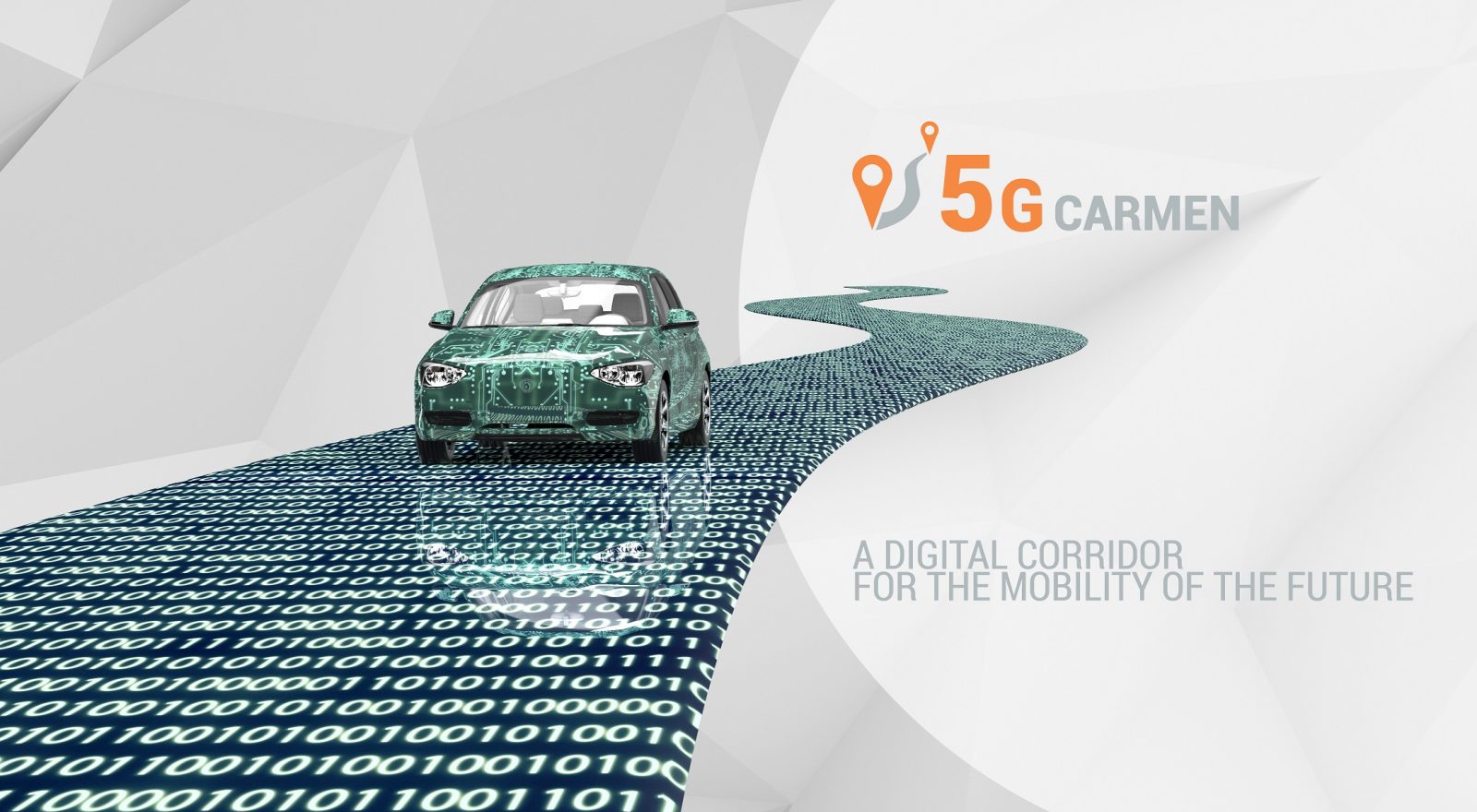5G-CARMEN: a digital corridor for the mobility of the future
The mobility project based on 5G technology has received funding for 18.5 million euros. It will concern the "Munich-Bologna corridor" and will be coordinated by Trento based Fondazione Bruno Kessler
Designing and developing a 5G digital corridor for the connected and automated mobility of the future on European roads. This is the goal of 5G-CARMEN, a project coordinated by Trento based Fondazione Bruno Kessler (FBK), which has just obtained a total funding of 18.5 million euros: 14.9 from the European Union, as part of the Horizon 2020 program for research and innovation, and the rest from project industrial partners.
Security, advanced management of emergencies, traffic sustainability, environment protection aspects: there are many challenges that await to be faced thanks to the most innovative technologies that will allow cars to be connected to each other and to land structures for a better management of vehicle traffic.
The “Munich-Bologna corridor“, which covers 600 km of roads across three countries (Italy, Austria and Germany), is one of the most important corridors identified by the European Union for an initiative to improve the mobility of people and goods throughout Europe. As part of the 5G-CARMEN project, 5G technologies will be deployed along selected stretches of the motorway in the border regions.
The key factor will be the 5G technology that will allow the current 4G mobile radio network to evolve in order to obtain a better response to the needs of services in terms of speed of data exchanged and response times of the network infrastructure for the implementation of next-generation connected, cooperative and automated vehicles.
Globally recognized for its expertise in the field of Information and Telecommunication Technologies, Fondazione Bruno Kessler will lead for the next three years a consortium of 25 relevant industrial, academic and research organizations that will cooperate on the project:
Industry
- Autostrada del Brennero (Italy)
- BMW Group (Germany)
- Deutsche Telekom (Germany)
- FCA-CRF (Italy)
- INWIT (Italy)
- NEC (Germany)
- Nokia (Germany)
- Qualcomm (Germany)
- SWARCO (Italy)
- TIM (Italy)
- T-Mobile (Austria)
SMEs
- CommAgility (UK)
- CyberLens (The Netherlands)
- DriveSec (Italy)
- Eight Bells (Cyprus)
- WINGS ICT Solutions (Greece)
Academia/Research
- Fondazione Bruno Kessler (Italy)
- Associazione PIIU (Italy)
- CEA-LETI (France)
- CNIT(Italy),
- IMEC (Belgium)
- Libera Università di Bolzano (Italy)
- Universitat Politècnica de València (Spain)
- Virtual Vehicle (Austria)
- High Tech Marketing (Austria)
The coordinator of the 5G-CARMEN project (5G for Connected and Automated Road Mobility in the European unioN), aimed at achieving positive social, environmental and commercial impact, is Roberto Riggio, head of the WiN Research Unit at Fondazione Bruno Kessler’s CREATE-NET Center.


